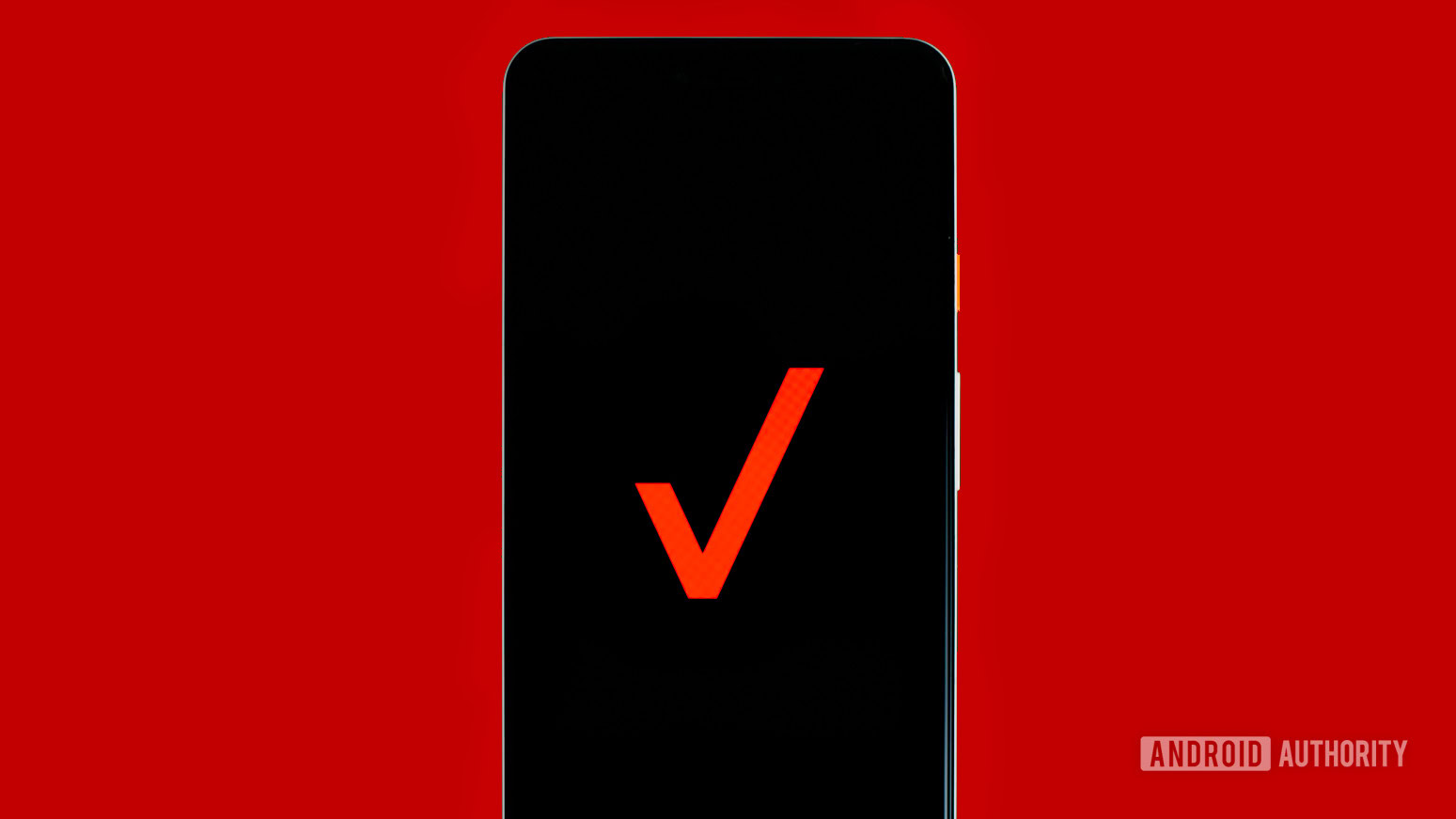Affiliate links on Android Authority may earn us a commission. Learn more.
You'll now have to sign a 3-year contract with Verizon. Here's what it means.

- Verizon has switched from two-year contracts to three-year plans only.
- The switch applies to smartphones, tablets, smartwatches, and more.
- Want to upgrade? Then you’ll need to pay the balance in full or wait out your contract.
Two-year smartphone contracts have been the go-to option in the carrier space for years now, but it looks like there’s a trend for carriers to extend the lengths of these contracts. Verizon is the latest carrier to do so, ditching two-year contracts in favor of three-year plans instead.
The carrier has recently opted to offer either 36-month contracts or full retail pricing for devices (h/t: Droid-Life), with no option for 24-month or 30-month plans. Checking the Verizon website reveals that these 36-month contracts apply across the board to entry-level devices and flagships alike. In fact, it also applies to tablets, mobile routers/hotspot devices, laptops, feature phones, and smartwatches.
According to an official FAQ spotted by Droid-Life, you can only upgrade your device if your 36-month contract has come to an end or if you’ve paid the remaining balance of the phone in one go. So you can’t get an upgrade after 24 months and you can’t pay a little extra each month to end the contract early.
Verizon adds that the old terms will remain for people with 24-month or 30-month contracts before February 3, 2022.
A growing but polarizing trend
It’s not the only US carrier offering 36-month contracts though, as the outlet reports that AT&T recently switched to three-year plans or full retail pricing as well.
Three-year plans make sense in some ways, especially as flagship phone pricing has escalated in recent years. It’s pretty common for high-end devices to cost $1,000 all the way to $1,400 (not even taking foldables into account), as opposed to $800 to $900 several years ago.
So a 36-month contract can definitely help soften the blow, especially when people are holding on to phones for a longer period of time anyway. But contract prices often work out to be more expensive than paying the full amount upfront for a phone, and so a longer contract could potentially be even more expensive in the long run.
What do you think of the switch to 36-month contracts only?
It’s also worth noting that many Android smartphone manufacturers don’t even offer OS updates for three years, with the likes of Motorola barely offering one version update. So you might want to look at Samsung, Google, and (to an extent) OnePlus instead if you’re going on a 36-month plan.
Verizon’s inflexible upgrade policy could also drive people away from these plans. It’s not uncommon for people to upgrade their phone well before a contract expires, with minimal or no penalty fees applied. But there doesn’t appear to be any similar option here.
What do you think of the switch from 24-month to 36-month contracts? Let us know via the poll above.